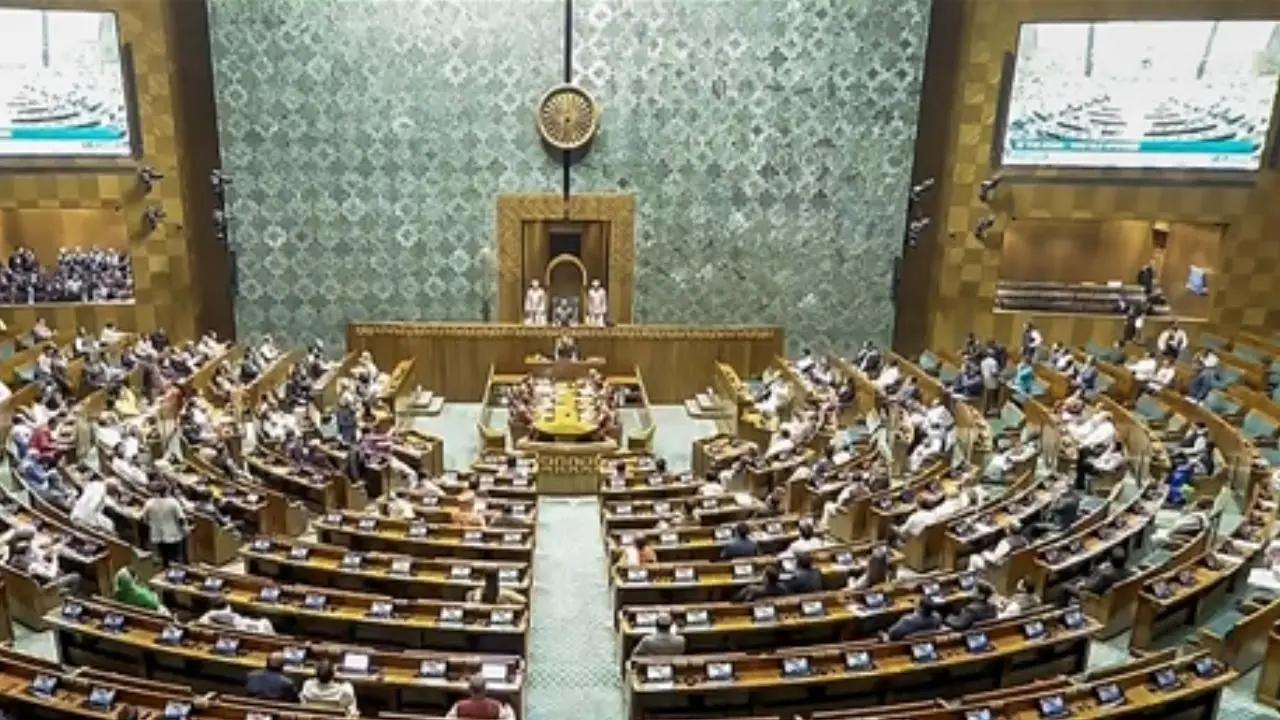Home / News / India News / Article /
Opposition demands Waqf Bill be sent to parliamentary committee for scrutiny
Updated On: 07 August, 2024 08:06 PM IST | Delhi | mid-day online correspondent
Kiren Rijiju, Minister of Parliamentary Affairs, stated that the government will decide whether to present the Waqf Bill to Parliament on Thursday.

Representation image. Pic/PTI
Opposition parties urged on Wednesday that the Waqf (Amendment) Bill be referred to Parliament's standing committee for review following its introduction. The government notified the Business Advisory Committee that it would make a decision based on Lok Sabha opinion.
The administration declared during the Committee meeting that it will not advocate for the Bill's consideration and passage after it is introduced in the Lok Sabha on Thursday. There is a significant probability that the government will agree to refer the Bill, which is opposed by some Muslim organisations, to a parliamentary panel. According to sources, even some pro-government parties have qualms about the planned legislation, reported PTI.



